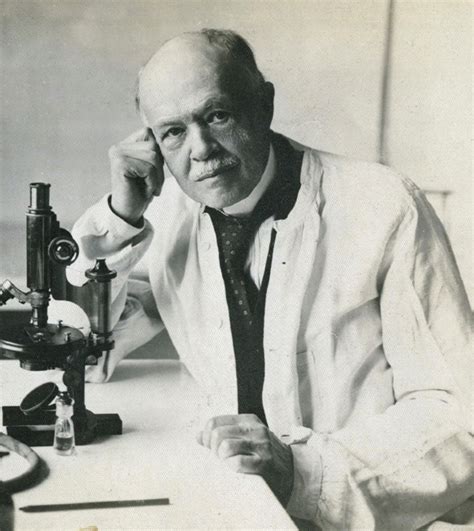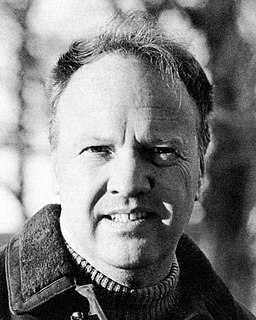A Quote by Anais Nin
If what Proust says is true, that happiness is the absence of fever, then I will never know happiness. For I am possessed by a fever for knowledge, experience, and creation.
Related Quotes
Certainly I believe that God gave us life for happiness, not misery. Humanity, I am sure, will never be made lazy or indifferent by an excess of happiness. Many persons have a wrong idea of what constitutes true happiness. It is not attained through self-gratification but through fidelity to a worthy purpose. Happiness should be a means of accomplishment, like health, not an end in itself.
So what is happiness? I am sure this question will be asked through the ages. And I doubt there is one answer for all people. Like heaven and hell, one person's happiness can be another person's unhappiness, which is why I'm not attempting to tell you what to do to find your happiness. I have enough trouble finding and hanging onto my own true happiness.
When I look at what the world does and where people nowadays believe they can find happiness, I am not sure that that is true happiness. The happiness of these ordinary people seems to consist in slavishly imitating the majority, as if this were their only choice. And yet they all believe they are happy. I cannot decide whether that is happiness or not. Is there such a thing as happiness?
Indeed, happiness is nothing other than being encompassed, an after-image of the original shelter within the mother. But for this reason no one who is happy can know that he is so. To see happiness, he would have to pass out of it: to be as if already born. He who says he is happy lies, and in invoking happiness, sins against it. He alone keeps faith who says: I was happy.







































